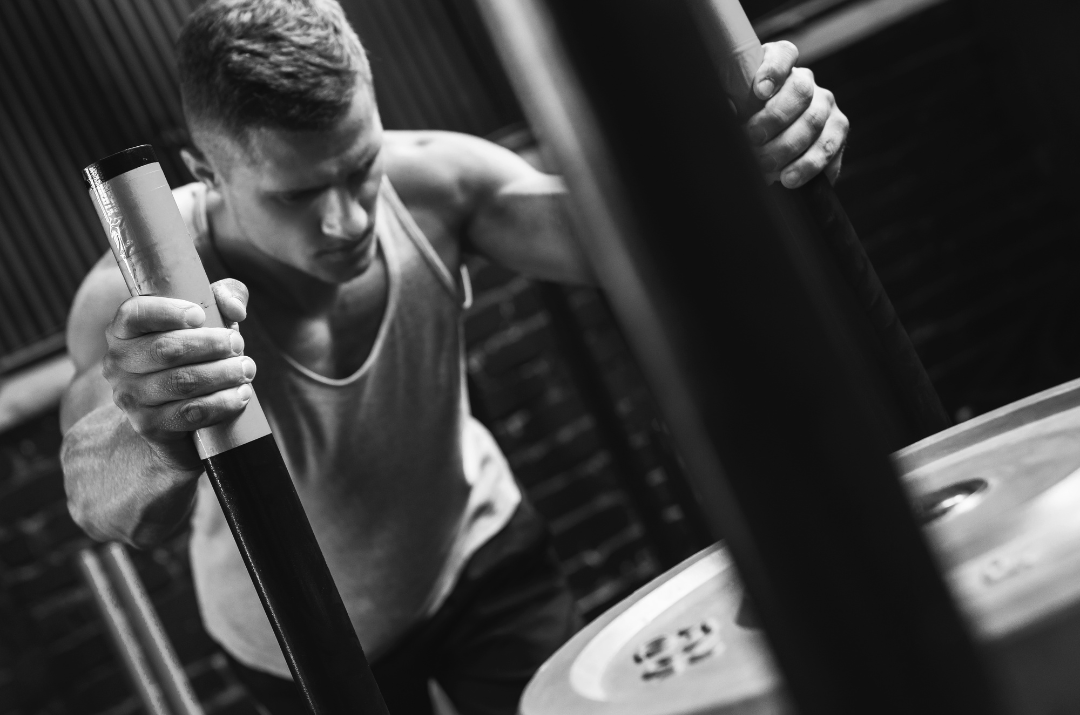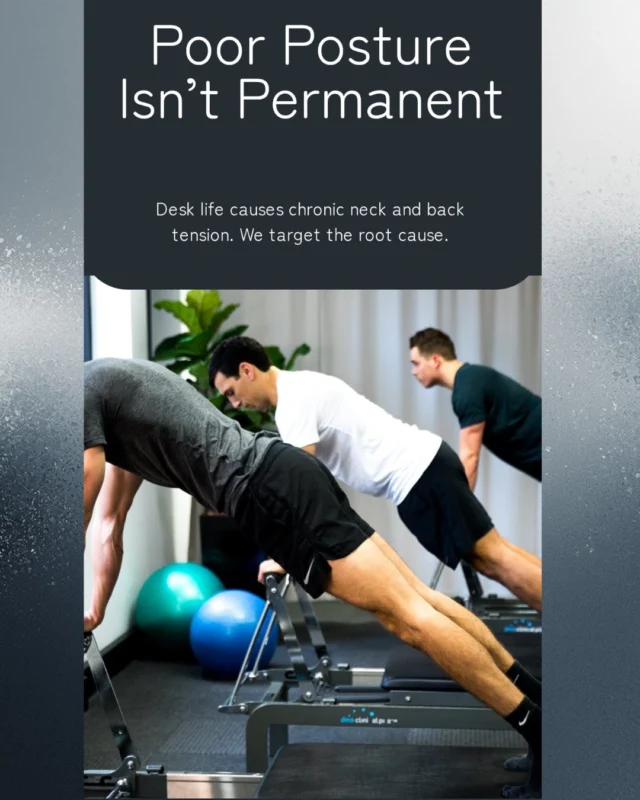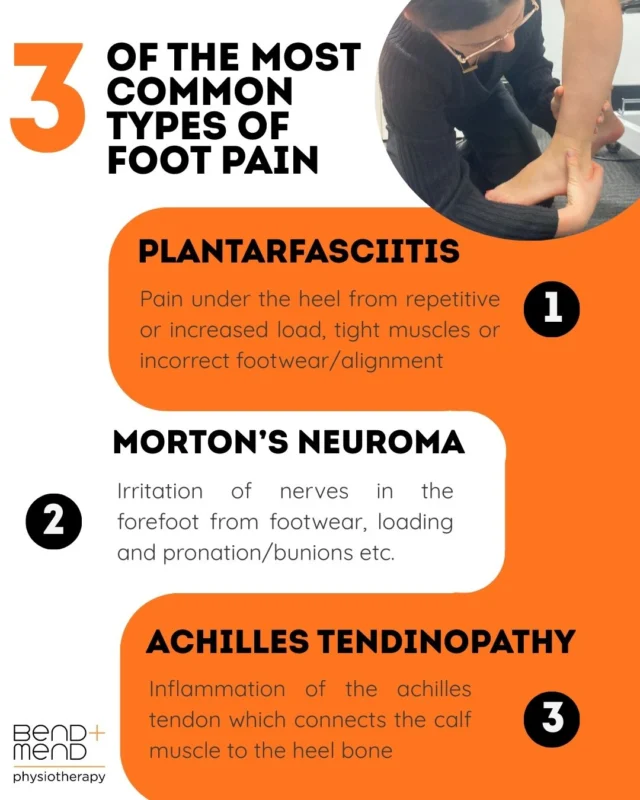Did you know that an overactive pelvic floor can be just as problematic as a weak pelvic floor?
The pelvic floor is a group of muscles forming a diaphragm at the base (floor) of the pelvis, spanning and linking the sacrum, coccyx, ischium, ilium and pubic bones.
The Pelvic floor is just like any other muscle in the body, it contracts and relaxes, it can be weak, and it can get too tight and spasm.
In fact, many people hold tension in their neck in response to stress but the other most common place people also hold tension is in their pelvic floor muscles.
A weak pelvic floor has been found to have links with low back pain, incontinence, prolapse, constipation and sexual dysfunction (mainly for men). Tightness or spasm in the pelvic floor can actually create some of these symptoms as well but can also contribute to pain in the area, especially when having sex or using tampons. An overactive pelvic floor may not feel painful but can be a sign that the body is bracing for another reason, such as fear of incontinence, or any current or past inflammation or infection of the pelvic organs. It can also contribute to a weakness in surrounding muscles of the pelvis, gluteals and hip flexors.
Pelvic floor exercises or ‘Kegels’ as they are often referred to, are becoming much more commonly talked about and practised by women as the topic becomes less of a taboo subject (thank goodness!). The concern here for patients with an overactive pelvic floor is that pelvic floor exercises are making their symptoms worse!
For many reasons the pelvic floor can be a very hard muscle to work out, most of all because people are not aware of what a contraction feels like, and it is in a difficult position to see!
If you are having any unusual or new symptoms or if it just ‘feels different’ down there, it is worth having it checked out by a specially-trained Women’s Health Physio, especially if you’ve given your pelvic floor exercises a go and its getting worse or you just not quite sure if you’re doing it correctly! Come and see Tori or Bonnie, at Bend + Mend in Sydney’s CBD to answer your questions and get you on the right path to a well-functioning pelvic floor.





